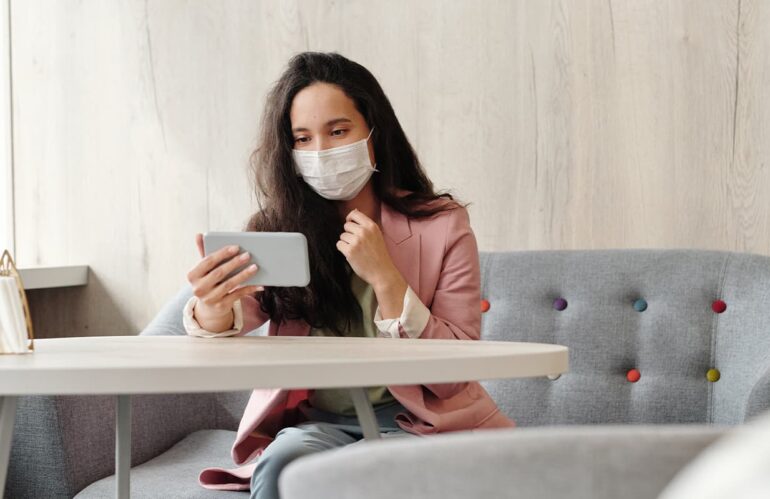If you are a parent
When you are stressed, children usually want more of your attention.
What you can do:
- Stick to familiar routines as much as possible or create new ones, especially if you have to stay home.
- Discuss the new coronavirus with your children honestly, using age-appropriate language;
- Support your children in their learning at home and make time for play;
- Help children find positive ways to express feelings such as fear and sadness. Sometimes engaging in creative activities, such as playing or drawing, can help with this process;
- Help children stay in touch with friends and family members through phone and online channels;
- Make sure your children spend time away from screens every day and spend time together doing offline activities. Do something creative: draw a picture, write a poem, build something. Bake a cake. Sing or dance or play in your garden if you have one;
- Try not to let your children spend much more time on video games than usual.
If you are an adult
- Keep in regular contact with loved ones, for example, by phone, email, social media, or video conference;
- As much as possible, stick to regular routines and schedules for eating, sleeping, and activities you enjoy;
- Learn how to do simple daily physical exercises at home during quarantine to keep you mobile;
- Learn how to get practical help if you need it, such as calling a taxi, getting food delivered, or seeking medical care. Make sure you have a month’s supply of your regular medications or more. Ask family members, friends, or neighbors for support if needed.
If you have a mental illness
- If you are being treated for a mental health condition, make sure you continue to take your medications as prescribed and that you have a way to refill your medications. If you are seeing a mental health professional, find out how to continue this support during an outbreak;
- Stay in touch with the people who care about you and know who you can turn to for support if your mental health deteriorates;
- If you are being treated for a substance use disorder, be aware that the COVID-19 outbreak may lead to increased feelings of fear, anxiety, and isolation, which can increase your risk of relapse, substance use, treatment failure, or non-compliance with treatment regimens. Make sure that you continue to take your medications as prescribed, especially if you are receiving treatment with opioid medications such as methadone or buprenorphine, and that you have a way to get your medications regularly. If you are receiving support through a counselor or support group, find out how to continue that support during a flare-up;
- If you are being treated for gambling or a gambling-related disorder, continue your treatment if possible. Talk to your therapist or healthcare provider about the best way to continue therapy while you are home.
